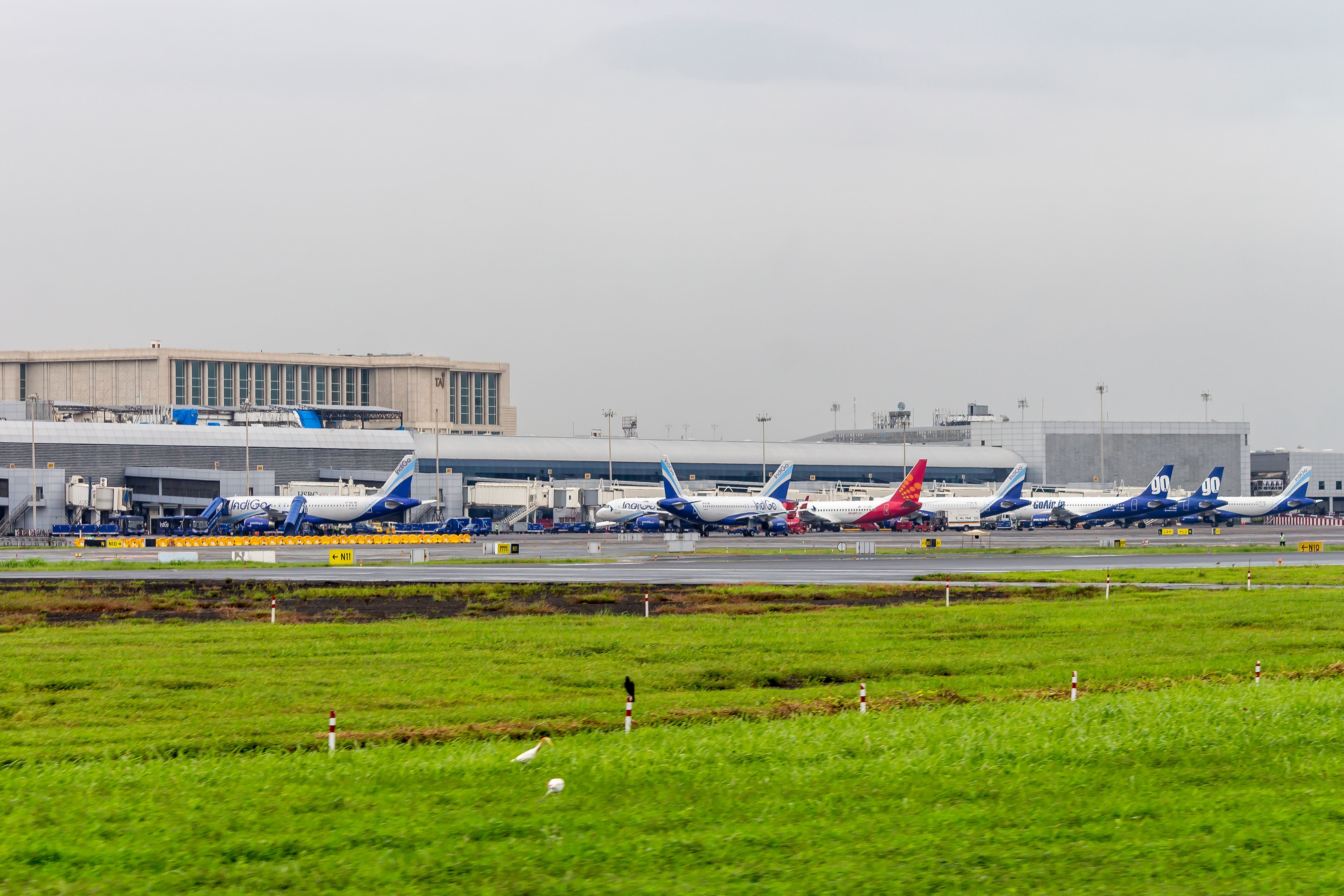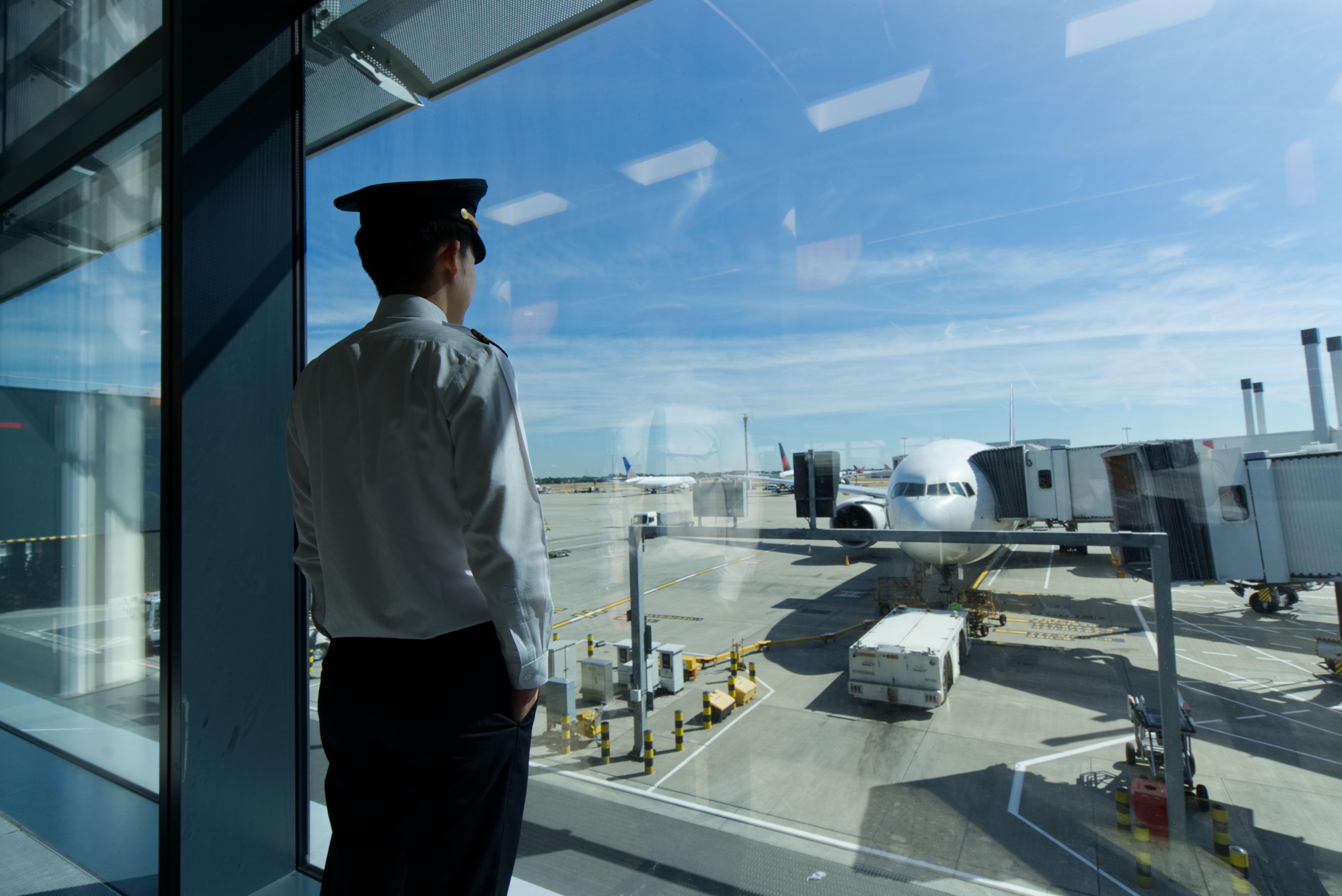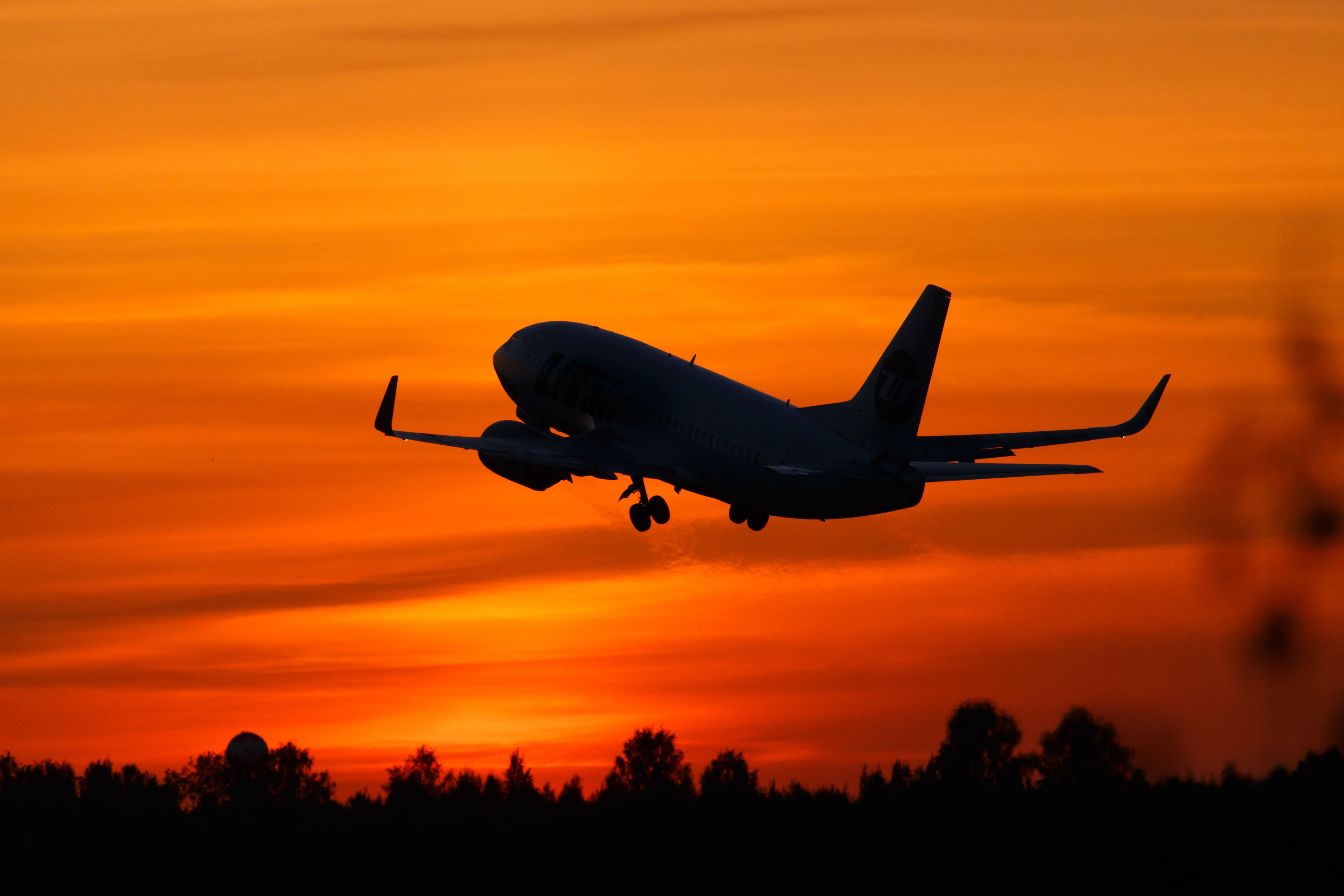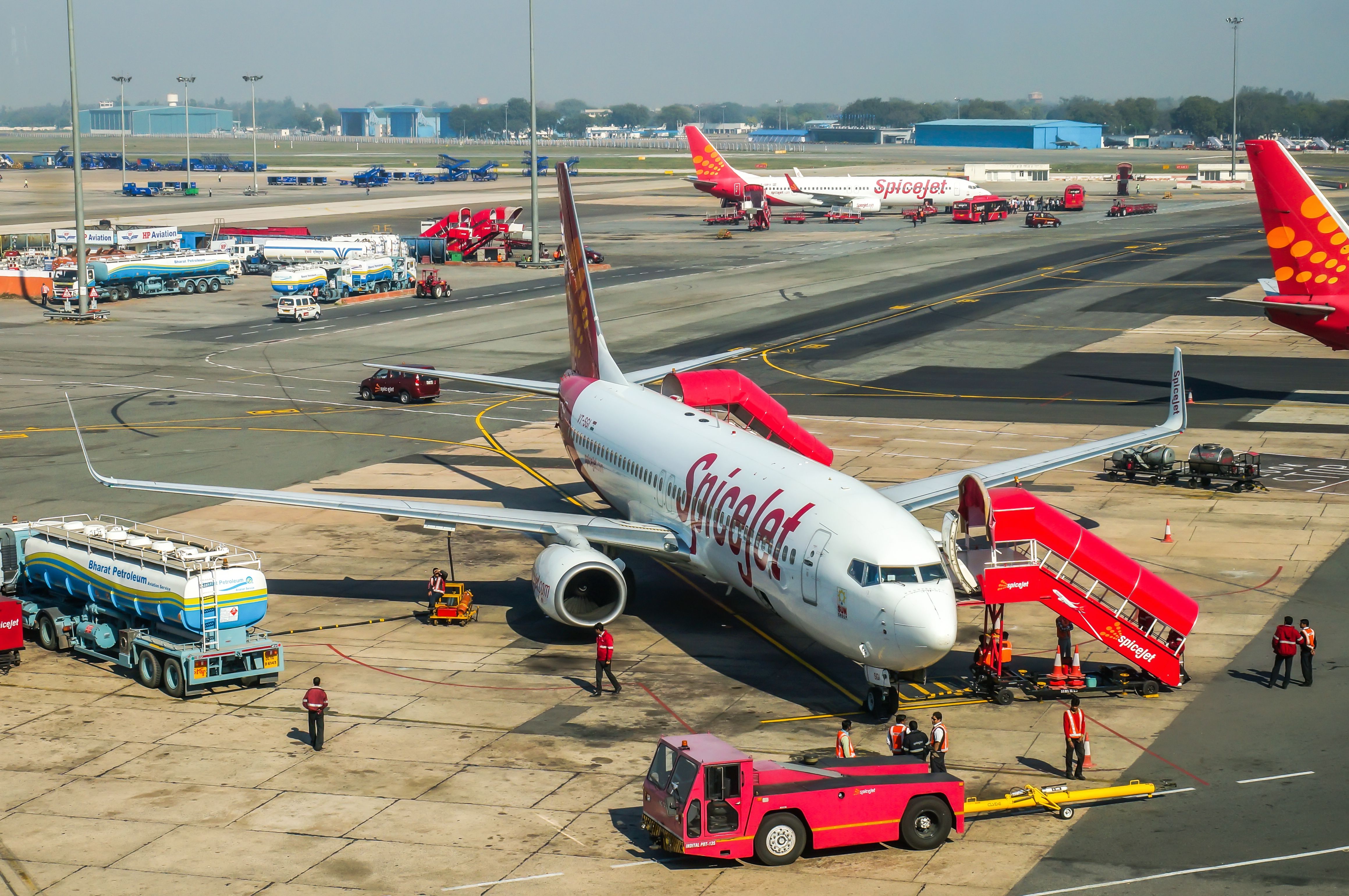The practice of random drug testing of aviation personnel in India has received the backing of the Delhi High Court. The testing began in January this year, with a few pilots and an air traffic controller failing them so far. While airline crew members have to go for breath tests for alcohol, some have also been randomly tested for psychoactive substances since January.
Approved by court
The Delhi High Court has sided with aviation authorities and approved the random dope testing for aviation personnel, including pilots, cabin crew, and air traffic controllers. The Hindu quotes Justice Prathiba M. Singh as saying,
“After perusing CAR [Civil Aviation Requirement] as also after hearing parties and their counsels, it is clear that the testing of personnel for psychoactive substances is essential, considering the nature of services being rendered.”
By August, four pilots had tested positive for banned substances on the list. They were referred to a rehabilitation and addiction center after being removed from active duty per regulations. The same month, a Delhi air traffic controller also tested positive for a psychoactive substance and was removed from active duty.
What were the objections?
According to The Hindu, The Indian Pilots Guild and the Air Traffic Controllers Guild approached the court in February and challenged the drug testing decision. They argued that the rules had no provision for lifestyle medication for conditions such as hypertension and diabetes.
Get the latest aviation news straight to your inbox: Sign up for our newsletters today.
But the DGCA has said that the tests only include the substances mentioned on the list, which “do not generally include hypertension medicines or anti-diabetic medications.”
What is the test?
India already maintains stringent guidelines when it comes to alcohol consumption for aviation employees. The DGCA allows zero alcohol levels in the blood of airplane crew before a flight. It also mandates a 12-hour gap between the intake of an alcoholic beverage and flying an aircraft.
But from January this year, the regulator introduced an additional test, which calls for random testing of personnel for psychoactive substances. The rules state that airlines and air navigation service providers must randomly test at least 10% of the flight crew and air traffic controllers.
The new test covers amphetamine and amphetamine-type stimulants, opiates and metabolites, cannabis, cocaine, barbiturates, and benzodiazepine. In case an employee is found positive, the employer will have to inform the DGCA within 24 hours. Any positive test will be confirmed by a second test.
Check out more Indian aviation news here.
A personnel testing positive for the first time will be referred to a specialist doctor or rehabilitation program. The employee can return to duty only after meeting specific parameters and, of course, a negative test.
A second-time violation will see the personnel lose their aviation license for three years, and a third positive test will result in the permanent cancellation of the license.
What are your views on this? Please leave a comment below.
Source: The Hindu




